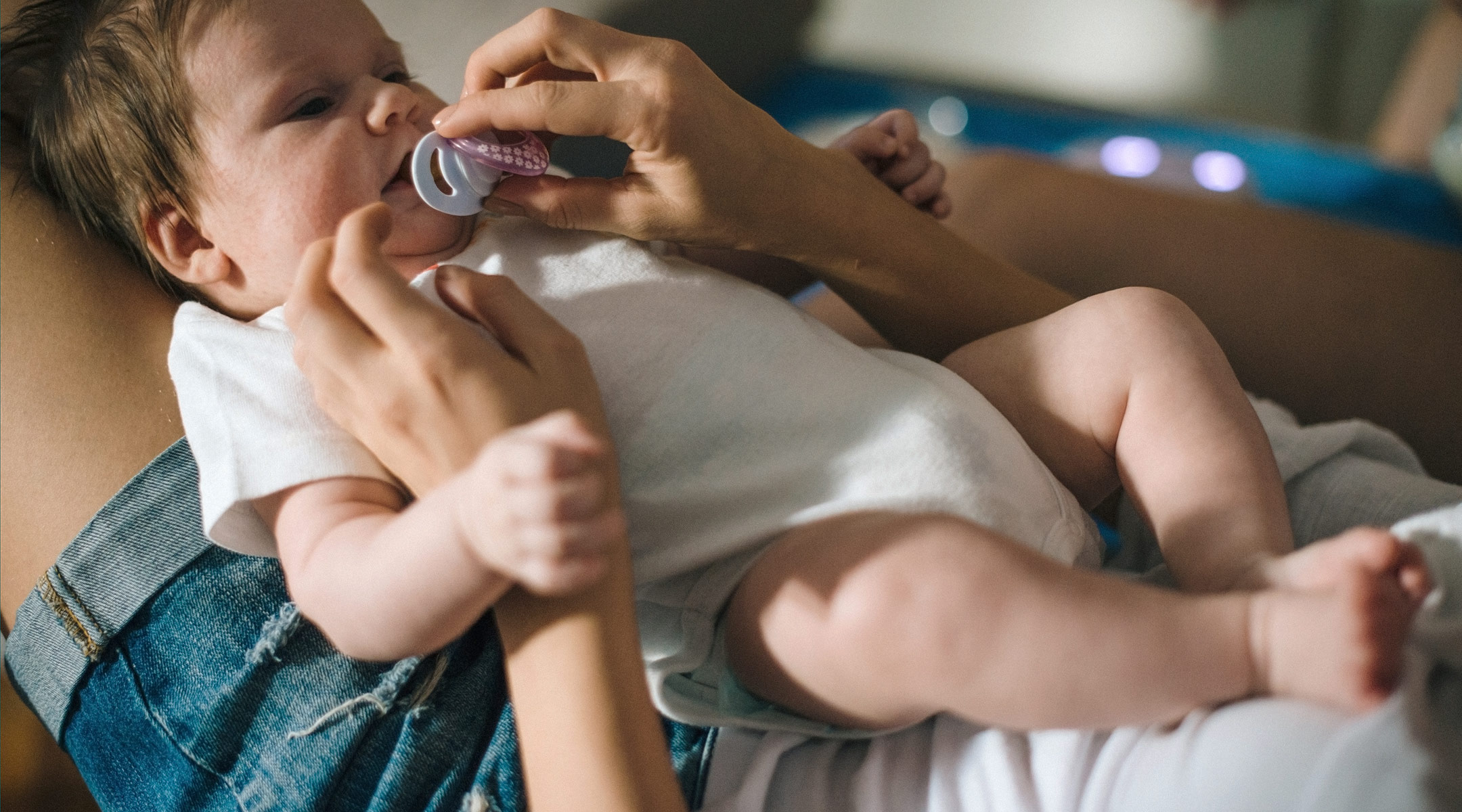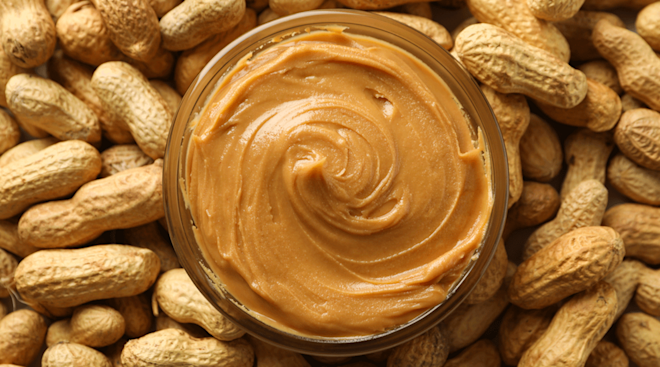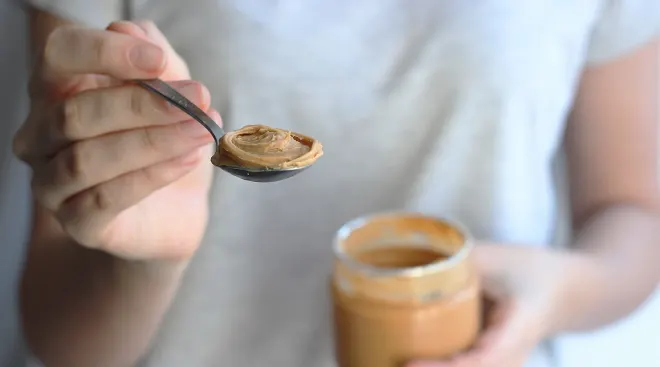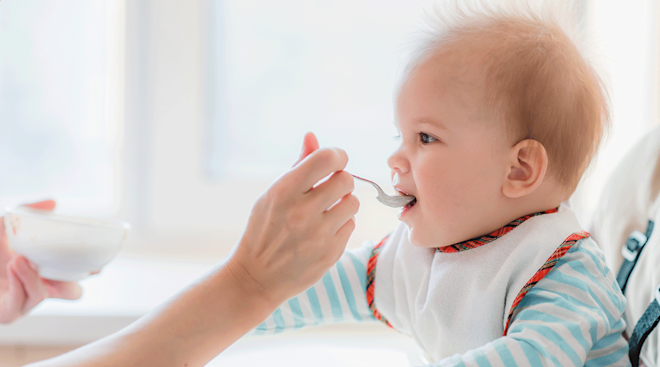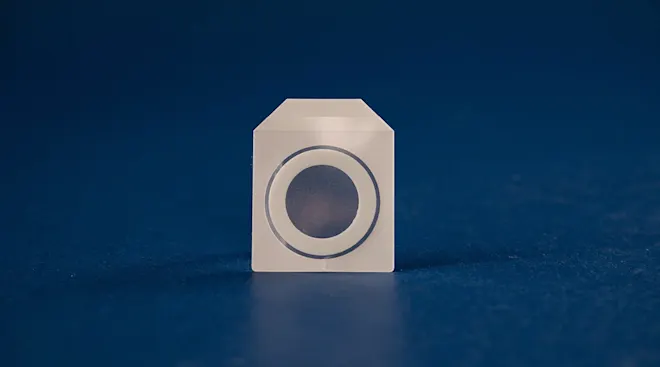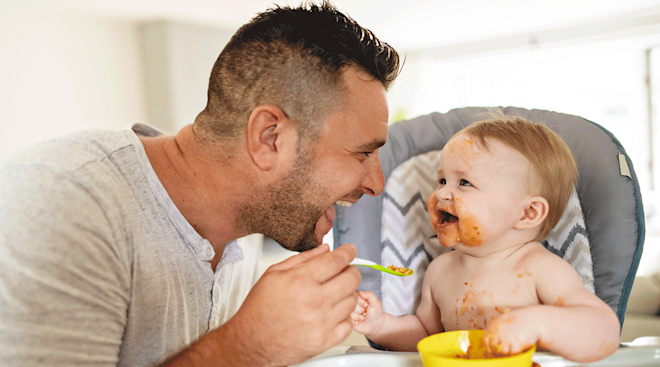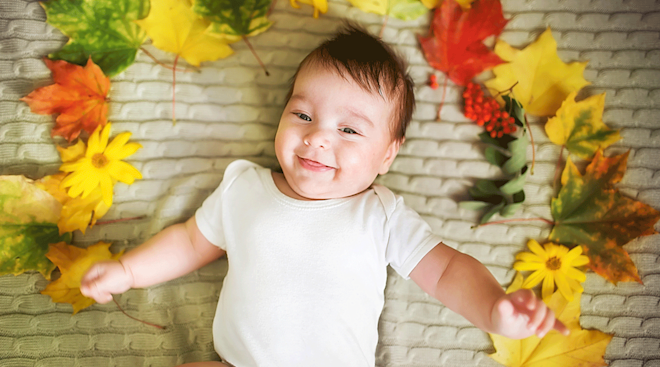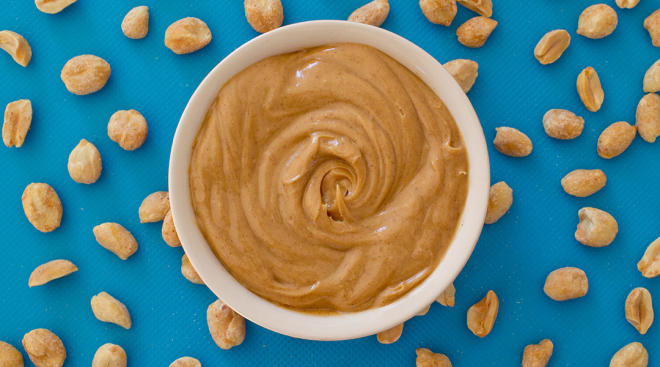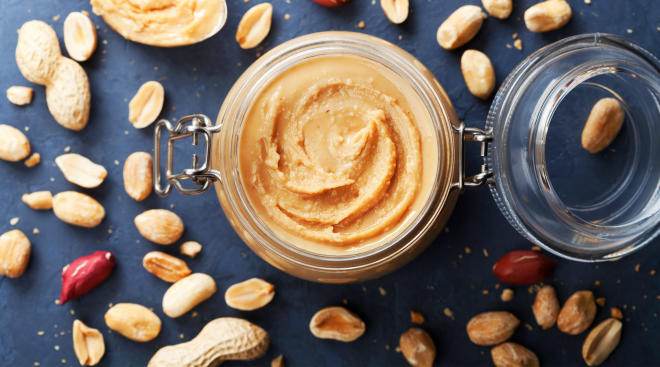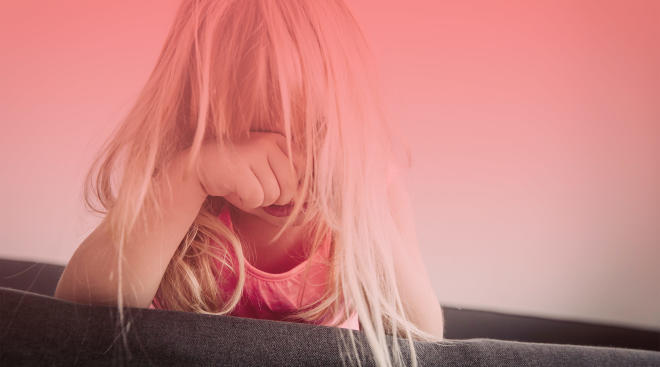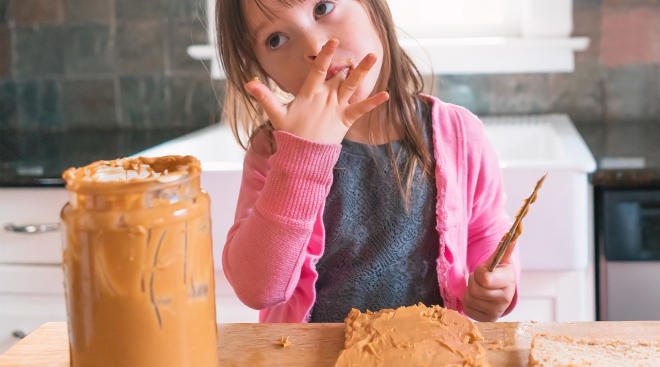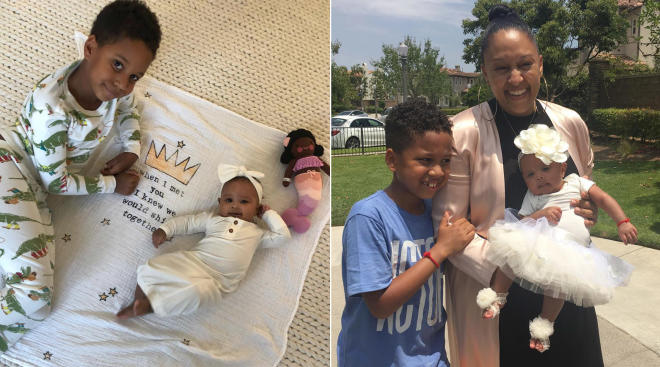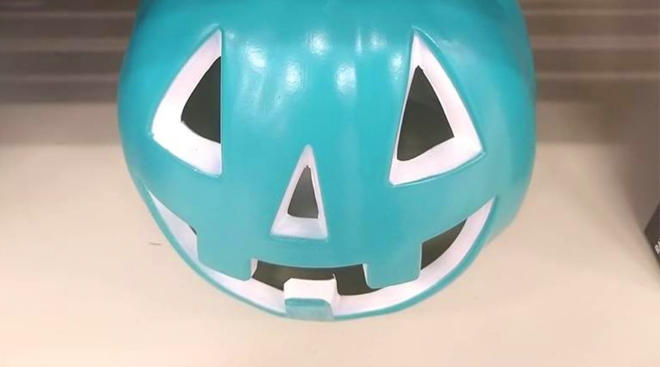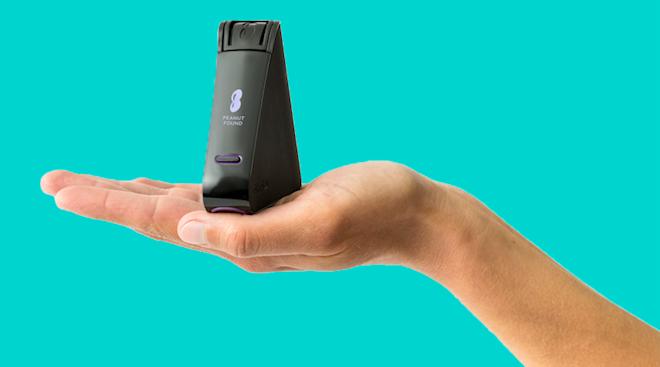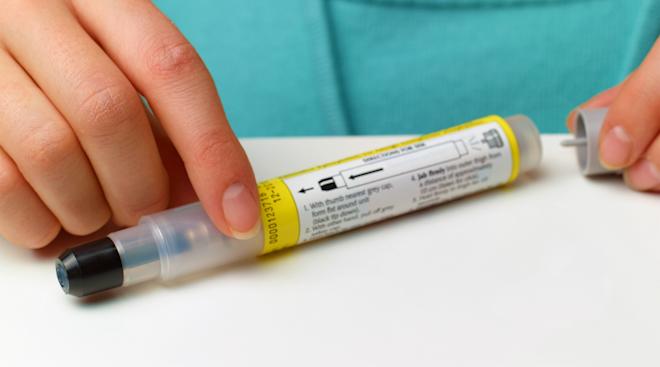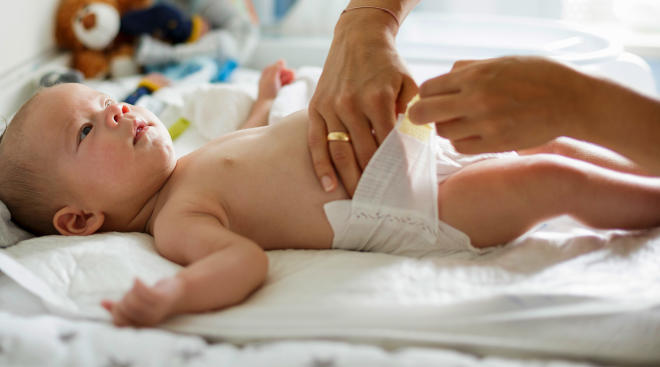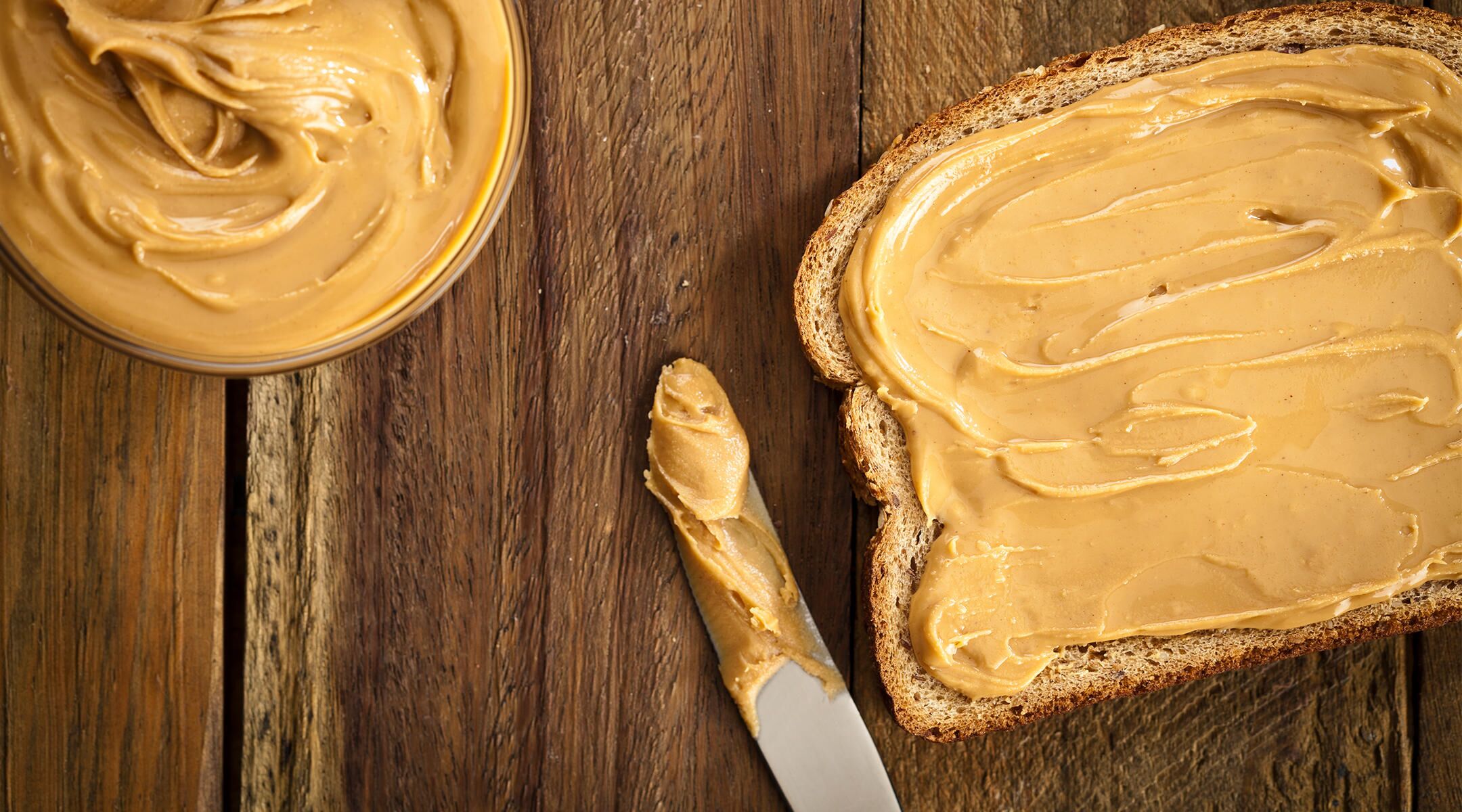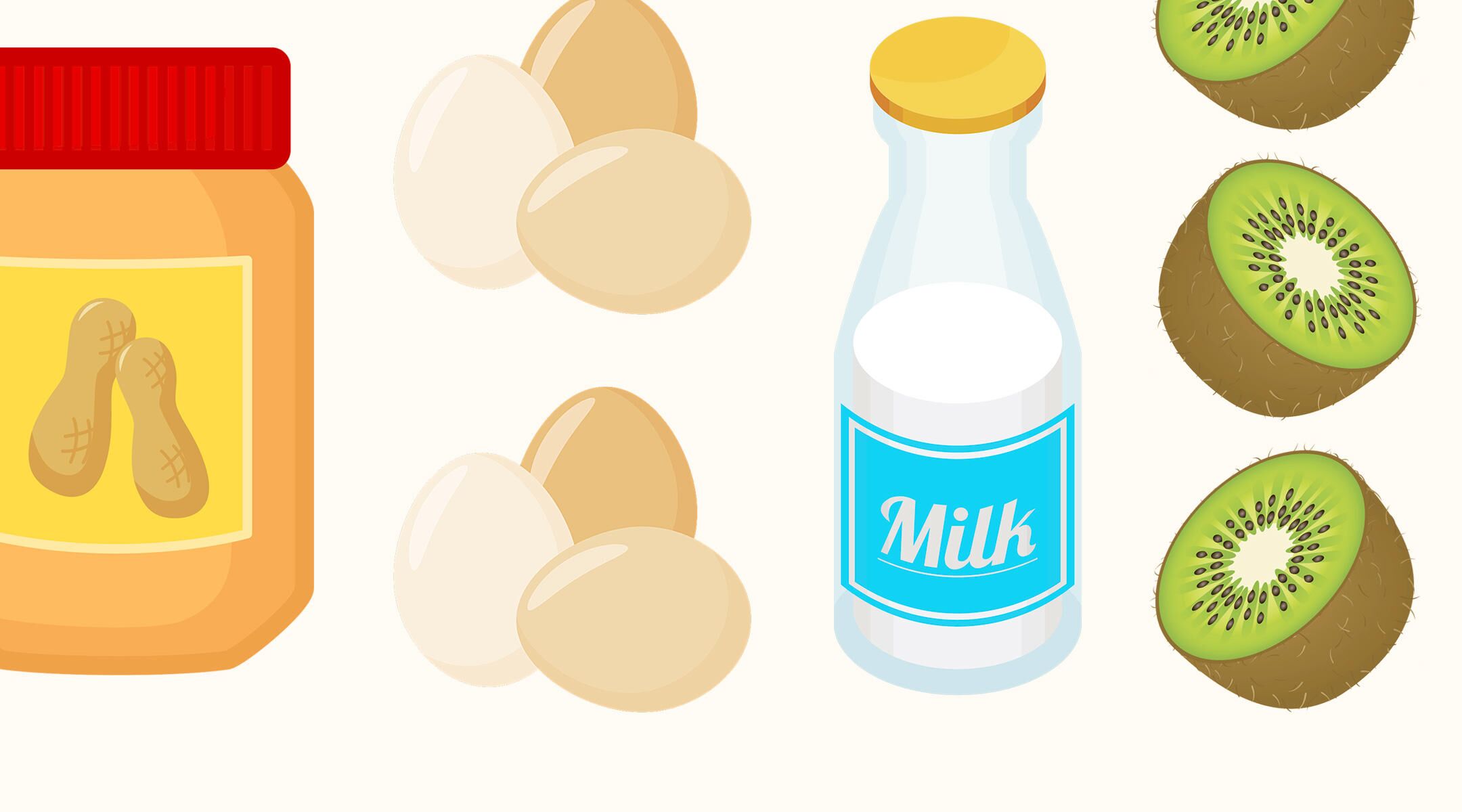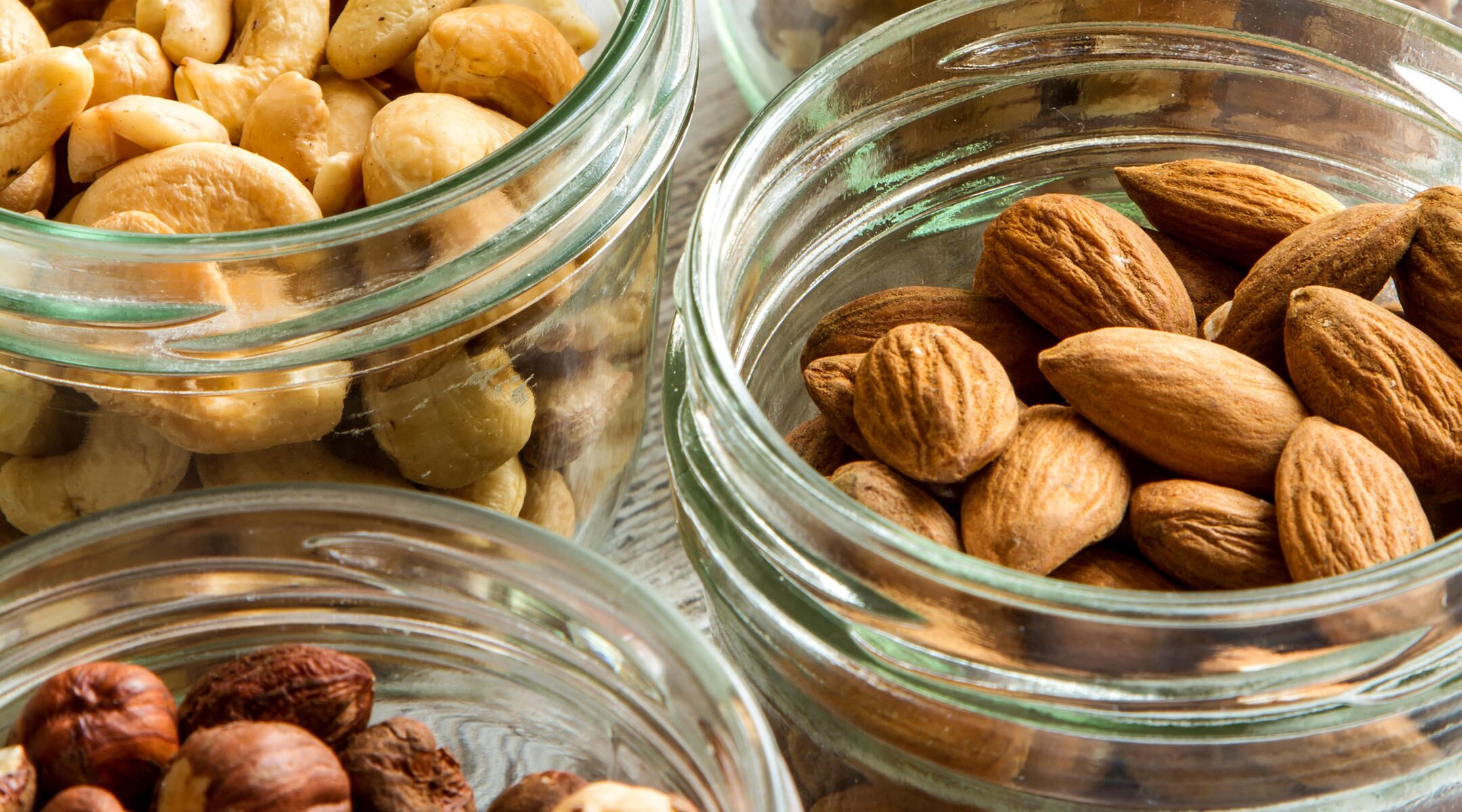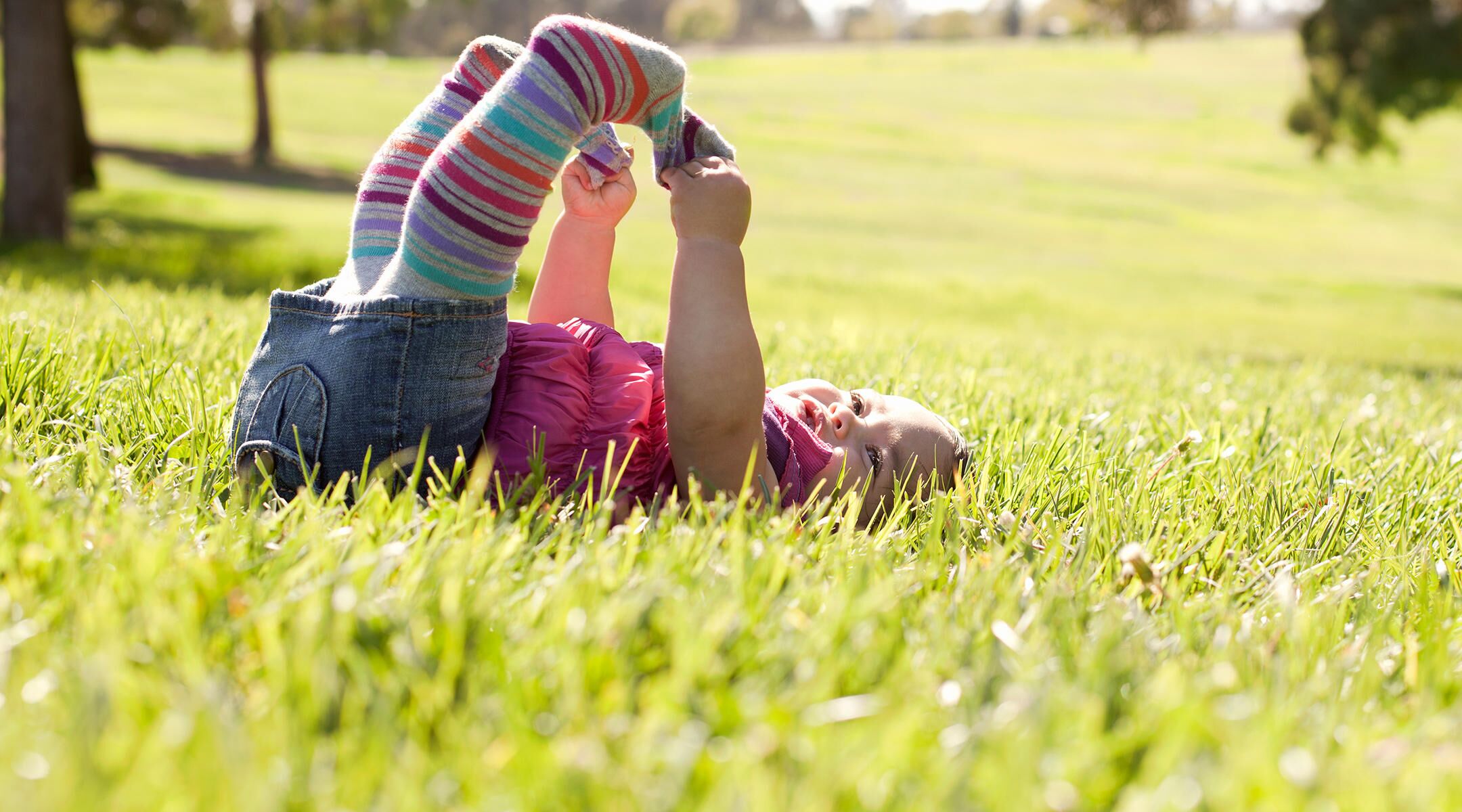Parents Who Lick Babies' Pacifiers Clean May Protect Them From Allergies, Study Suggests
While the sheer thought of sucking on your baby’s pacifier to give it a quick clean may (quite literally) leave a bad taste in your mouth, allergy experts are saying it could have some unanticipated benefits.
New research being presented at the American College of Allergy, Asthma and Immunology (ACAAI) Annual Scientific Meeting suggests a link between parental sucking on a pacifier and a lower allergic response among young kids.
For the study, researchers followed 128 new moms for a year and a half after giving birth, periodically checking in to ask them how they cleaned their babies’ pacifiers. Some of the infants in the study were already at a higher risk for developing allergies due to family history—about 18 percent of the mothers had asthma, and about 8 percent had eczema.
The findings? Children of mothers who sucked on pacifiers had lower levels of IgE—a type of antibody related to allergic responses in the body. And while there are some exceptions, higher IgE levels typically indicate a greater risk of having allergies and asthma.
Out of the mothers included in the study, 74 had infants who used a pacifier, and the majority washed them by hand. That said, 41 percent then sterilized the pacifiers and 12 percent put them in their own mouths to clean.
While the study does heed interesting results, experts warn parents to tread with caution.
“This was not a cause-effect study,” says Eliane Abou-Jaoude, MD and lead author on the study. “We can’t say these children won’t develop allergies later on. We only have IgE levels until 18 months of age.”
The research team plans to follow up with the families to see whether any of the kids are eventually diagnosed with an allergy in coming years.
“We are not telling parents to clean their child’s pacifier by sucking on the pacifier,” says Abou-Jaoude. “Bad bacteria can be transferred by a parent sucking on the pacifier and then giving it to their child, exposing them to other infections.”
So while researchers may not be encouraging parents to nix their pacifier cleaning strategy and embrace the sucking sensation, if nothing else, it’s a friendly reminder that kids don’t necessarily have to be raised in a 100 percent bacteria-free environment.
Please note: The Bump and the materials and information it contains are not intended to, and do not constitute, medical or other health advice or diagnosis and should not be used as such. You should always consult with a qualified physician or health professional about your specific circumstances.
Navigate forward to interact with the calendar and select a date. Press the question mark key to get the keyboard shortcuts for changing dates.
































